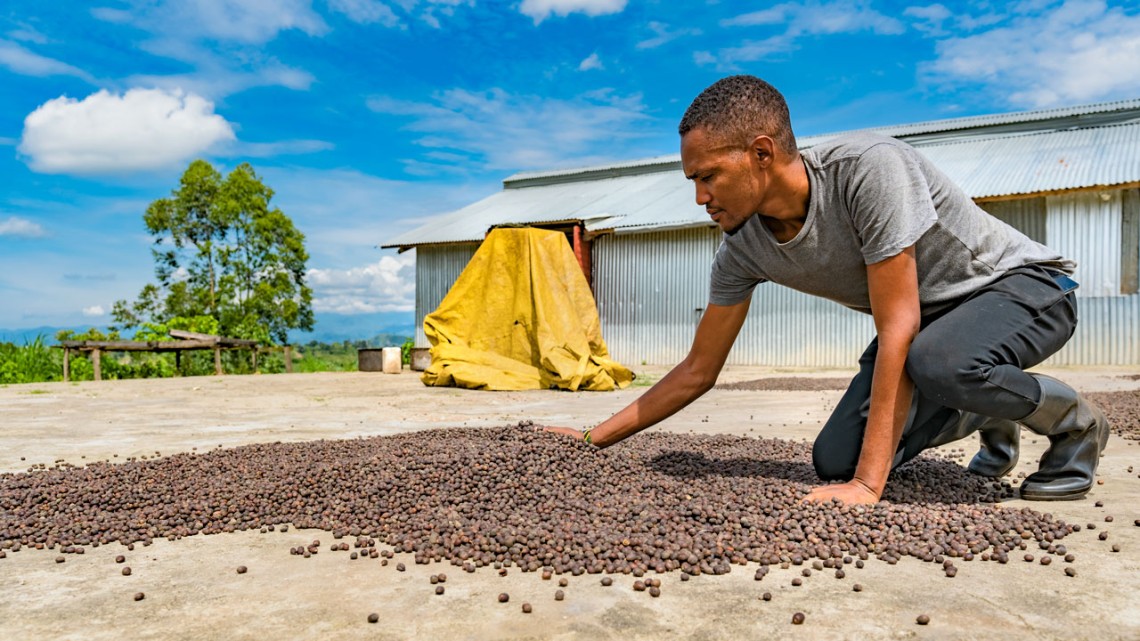As climate change increasingly impacts coffee production, it’s the small-scale farmers who will feels its effects most drastically. Without the available resources, smallholder farmers won’t be equipped to adapt to the rising temperatures and the irregular and more extreme weather patterns. That’s why Cornell University has teamed up with World Coffee Research for the all-new Coffee Improvement Program. Through the initiative, Cornell and WCR seek to “improving the resilience and productivity of coffee smallholder growers worldwide.”
With over $5 million from the United States Agency for International Development (USAID), the program seeks to aid the more than 12 million global coffee farmers with less than five hectares of land, collectively comprising 60% of all coffee produced. As part of Cornell’s Feed the Future Innovation Lab for Crop Improvement (ILCI) and WCR, the Coffee Improvement Program looks to develop new, more resilient, high-yield coffee varieties better equipped to thrive in the ever-changing climate change landscape.
Over the course of five years, the program has a three-pronged plan to safeguard the future of coffee for smallholder farmers. It will seek to develop new breeding tools, that will “increase the precision and speed of coffee breeding, with a focus on identifying genetic markers for coffee berry disease and coffee leaf rust,” as well as new evaluation tools for both Arabica and Robusta. It will also strengthen the breeding capacity and efficiency in nine different countries across Africa, Asia, and Latin America. Lastly, it will provide broaden access to “high-quality seed and plants” and “create a tool to assess seed supply and demand dynamics.”
“At the Innovation Lab for Crop Improvement, we’re committed to developing cutting-edge tools, technologies, and methods that can be applied across a diverse range of crops, from fast-growing annuals to long-lived perennials like coffee,” said Stephen Kresovich, ILCI director, professor of plant breeding and genetics at SIPS, and the Robert and Lois Coker Trustees Chair of Genetics at Clemson University. “This partnership exemplifies our mission to equip breeders with the innovations they need to deliver resilient, high-performing varieties to farmers, ensuring their sustainability in the face of changing climates.”
The future of coffee is uncertain. The threat of climate change is multi-faceted and shows no sign of slowing down. Solutions can’t come fast enough, but initiatives like the Coffee Improvement Program offer hope that they will come before it’s too late.
Zac Cadwalader is the managing editor at Sprudge Media Network and a staff writer based in Dallas. Read more Zac Cadwalader on Sprudge.

























